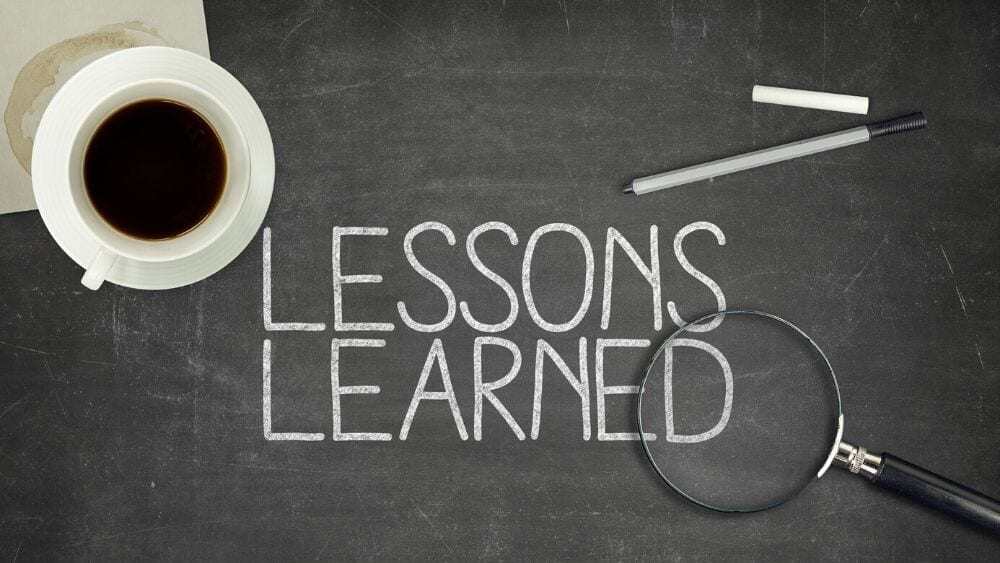From the Front Lines: What to Expect When You Try to Qualify Donors
As we work with thousands of front-line fundraisers, our team at Veritus gets to see how The Veritus Way of mid, major and planned gifts works itself...
3 min read
Richard Perry and Jeff Schreifels : Updated on November 27, 2024

First in a Series: What Should I Do If…? A Six-Part Series Inspired by You
Recently, Richard and I asked our Passionate Giving Blog Subscribers to let us know what you’d like us to cover in the blog. We received a tremendous amount of ideas. It was awesome. Many of you asked for more specific ideas on how to handle different problems you’re encountering every day. In other words, it sounded like this, “I’m running into this situation… What should I do?”
So today begins a six-part series answering the question, “What should I do if…?” The first one I want to tackle came up frequently, and it’s a question that Richard and I get all the time when we speak or when people write to us. That is, “What should I do if my leadership is not entirely on board with a donor-centered major gift program?”
Sadly, this is a problem everywhere. It’s so pervasive that it plays a big role in the book Richard and I are writing on the role leaders and managers have to play in creating a successful major gift program.
First, let me list some of the specific problems you’re encountering from leaders:
There are many more, but overall the problem you’re encountering with leadership is that they “don’t get” and “don’t support” a major gift program in the way it needs to be, to be successful.
So here’s what you do:
Here’s what Richard and I have learned over the years about the dynamic between leadership, managers, and the front-line MGOs. If you (the MGO or manager) can show the leader that:
– then the leader will get it. And they will give you the support you need to do your job.
This is what you should do if your leadership is not entirely on board with your donor-centered major gift program.
Jeff
Read the whole series, What Should I Do If…?
What If Leadership Is NOT Entirely on Board with a Donor-Centered Program? (This post)
What If I’m Trying to Upgrade a Mid-Level Donor and No One Has Ever Talked to Them?
What If My Older Donor Stops Giving, but They Tell Us They’ve Made a Planned Gift?
What If I’m Trying to Promote Better Collaboration Between Departments?
What If I Can’t Get a Donor to Talk to Me?

As we work with thousands of front-line fundraisers, our team at Veritus gets to see how The Veritus Way of mid, major and planned gifts works itself...

Fifth in a Six-Part Series: What Should I Do If…?

I know that at one point, the term “Moves Management” was helpful. It was a way to understand the stages around a relationship with a major donor...